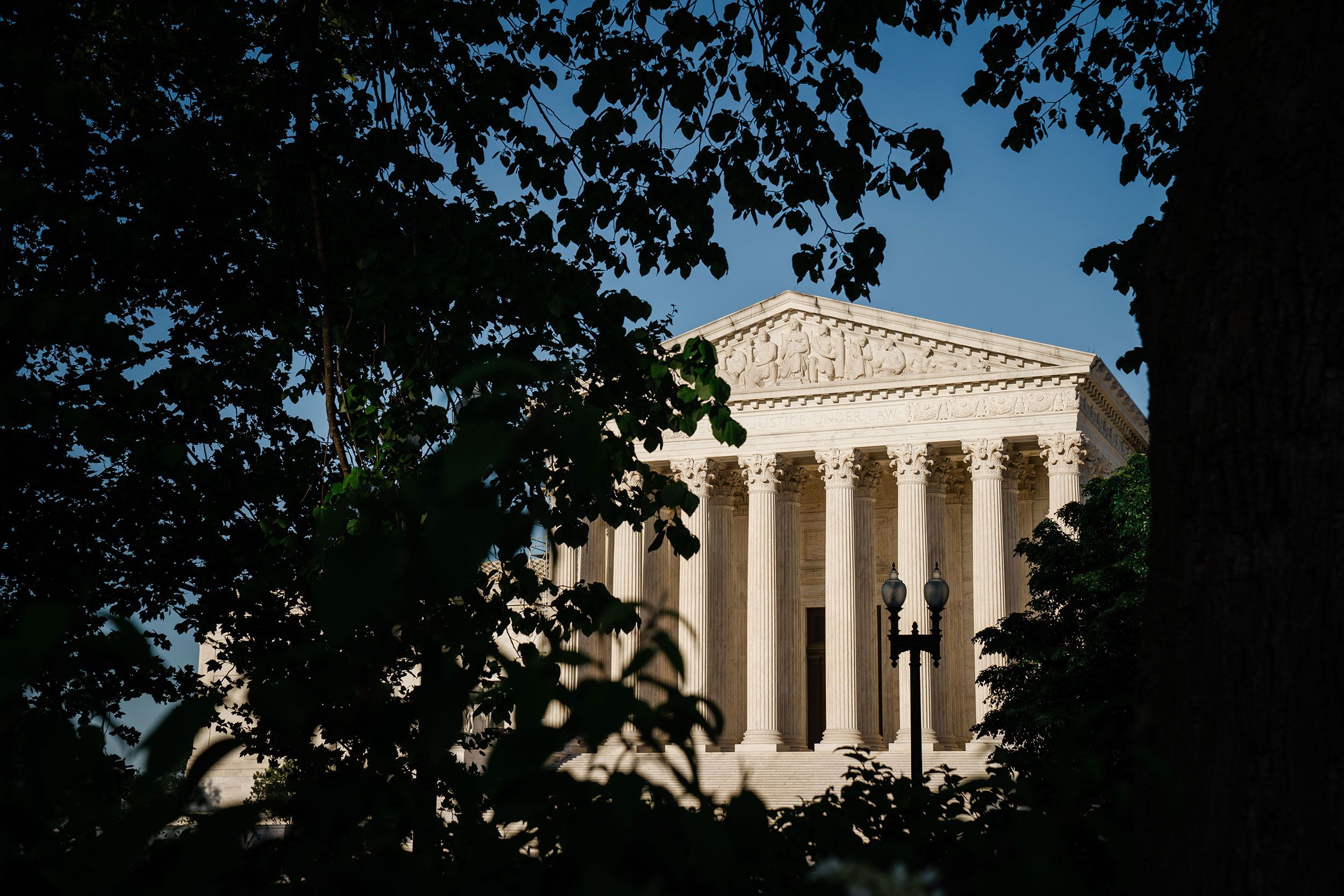Special counsel Jack Smith’s urgent appeal to the Supreme Court to dismiss former President Donald Trump’s claims of immunity has sparked a flurry of speculation. The court’s silence and the timing of its decision have become the subject of intense scrutiny.
Two weeks have passed since Trump requested the court’s intervention in the heated dispute over his immunity from prosecution. Eight days have elapsed since the final briefs were submitted to the justices. The court’s silence has led to speculation about its possible decisions and the implications of its timing.
Steve Vladeck, CNN Supreme Court analyst and professor at the University of Texas School of Law, commented on the situation. “The entire population is getting a bit of exposure to one of the perils of watching the court carefully, which is that an awful lot of what it does happens behind the scenes and in ways that can’t be easily predicted,” he said.
The court has several options. It could deny Trump’s request to block a lower court ruling against his immunity claims, which would allow Smith’s case to proceed to trial. Alternatively, it could grant Trump’s request, hold arguments, and decide on the merits of the immunity issue. The court could also decide the issue without arguments or issue an opinion explaining its decision.
The Supreme Court can act swiftly by judicial standards, but most of its significant cases take months to resolve. Even on the court’s emergency docket, disputes can take weeks to sort out. The timing of the court’s decision carries enormous stakes. Smith is eager for the court to resolve Trump’s immunity claim quickly so that US District Judge Tanya Chutkan can conclude a trial on the former president’s election subversion charges before the November election.
Some experts believe that the longer the high court takes, the more likely it is to reject Trump’s request to block the DC Circuit ruling. This theory is based on the idea that a conservative justice might be writing a lengthy dissent from the decision, which could take some time. Randall Eliason, a former federal prosecutor and George Washington University law professor, stressed that no one knows for certain what’s happening behind the scenes.
If the Supreme Court wanted to extract itself from the Trump controversy quickly, the easiest path would be to reject his request to freeze the lower court’s ruling. This would uphold a unanimous 57-page decision from the DC Circuit earlier this month that rejected Trump’s claims of immunity, allowing him to face charges for actions he took while in office. Such a decision could potentially draw a conservative dissent.
The court decides hundreds of matters each year on its emergency docket – many of them technical. Those issues, such as requests to extend a deadline, are often handled within a matter of days. But the more complicated and often politically fraught cases can take longer, especially if one or more justices is writing an opinion.
The Supreme Court moves at its own pace. The justices are also simultaneously working to craft an opinion in another explosive case dealing with whether Trump can be removed from the ballot for his role in the January 6, 2021, attack on the US Capitol via the 14th Amendment’s “insurrectionist clause.”
Despite Smith’s desire to move quickly on the immunity question, it’s unlikely that a few days or even weeks would make a significant difference in the timing of a trial for Trump. “I don’t think a few more days or even a couple of weeks makes much difference right now,” Eliason said of the Supreme Court’s timing. “I think the best case scenario for DC at this point is already a June trial, whether the Supreme Court acts today or next week.”

